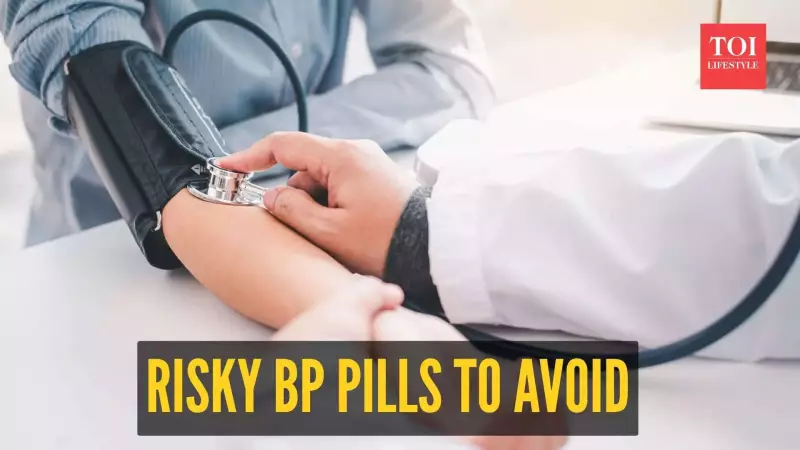
Are you taking blood pressure medication without knowing its potential risks? Medical experts are sounding the alarm about certain hypertension drugs that might be doing more harm than good to your health.
The Hidden Dangers in Your Medicine Cabinet
Many patients trust their doctors completely when it comes to blood pressure prescriptions, but being an informed consumer could save you from serious health complications. Some commonly prescribed medications come with significant risks that every patient should know about.
5 Blood Pressure Medications That Raise Concerns
- Alpha-blockers - While effective for some, these medications can cause dangerous drops in blood pressure and increase the risk of fainting, especially when standing up quickly.
- Beta-blockers - Certain types may lead to fatigue, depression, and sexual dysfunction. They can also mask symptoms of low blood sugar in diabetic patients.
- Calcium channel blockers - Some variants might cause swelling in ankles and feet, along with constipation and headaches that significantly impact quality of life.
- Diuretics - Though widely used, specific diuretics can disrupt electrolyte balance, leading to muscle cramps, weakness, and in severe cases, heart rhythm abnormalities.
- ACE inhibitors - While generally safe, these can cause persistent dry cough in up to 20% of patients and may affect kidney function in susceptible individuals.
Why Medication Awareness Matters
Understanding what's in your blood pressure medication isn't just about being informed—it's about taking control of your health journey. Many patients continue taking medications for years without questioning their suitability or exploring alternatives.
"Patients often assume that if a medication is prescribed, it must be completely safe," says a senior cardiologist. "The reality is that every medication involves balancing benefits against potential risks."
Protecting Yourself: What You Can Do
- Always ask your doctor about the specific class of medication being prescribed
- Request information about potential side effects and warning signs
- Regularly monitor your blood pressure at home
- Schedule periodic medication reviews with your healthcare provider
- Never stop taking prescribed medication without medical supervision
The Importance of Personalized Treatment
Blood pressure management isn't one-size-fits-all. What works perfectly for your neighbor might be completely wrong for you. Factors like age, coexisting conditions, lifestyle, and genetic factors all play crucial roles in determining the ideal treatment approach.
Modern medicine emphasizes personalized treatment plans that consider your unique health profile. If you're experiencing side effects or feel your current medication isn't working optimally, have an open conversation with your doctor about alternatives.
Remember: being proactive about your blood pressure medication could be one of the most important health decisions you make this year.





